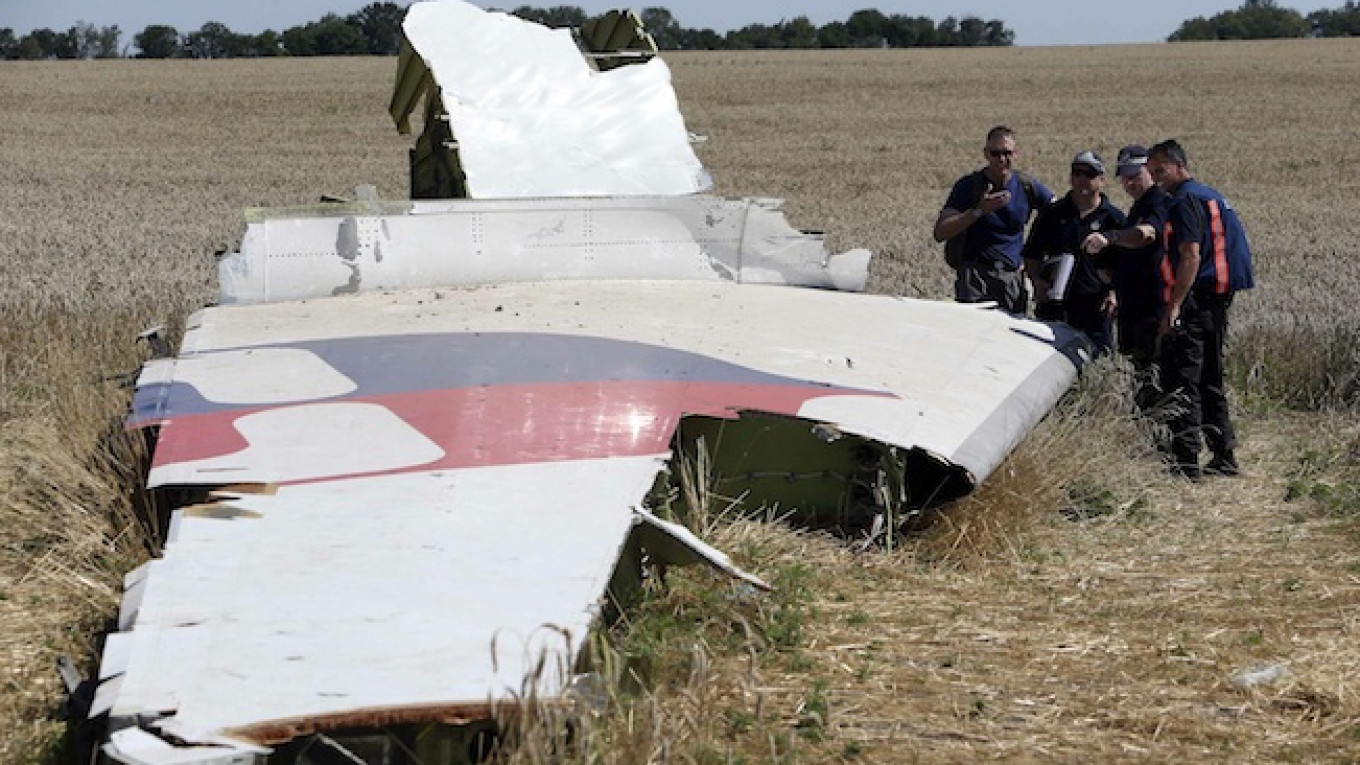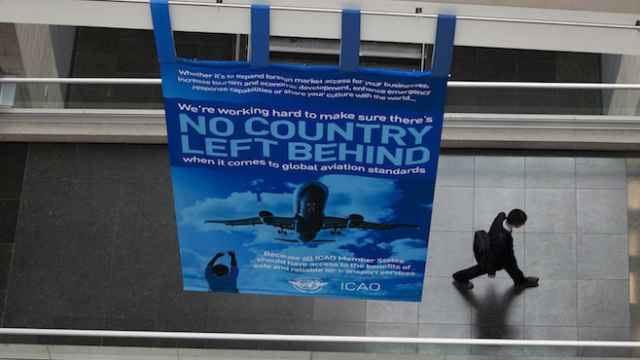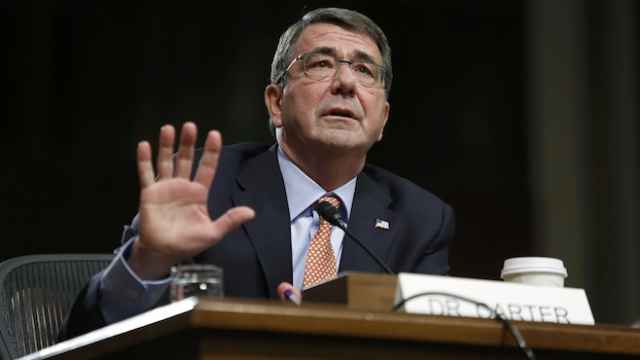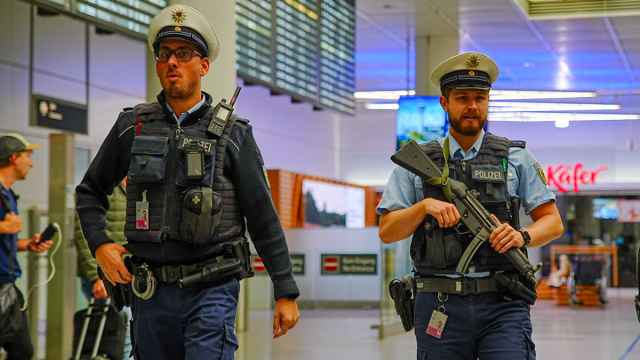United Nations aviation officials sought on Wednesday to allay Russian concerns about a plan to help airlines anticipate risks from conflict zones, as they seek to prevent another disaster like last year's downing of Malaysia Airline flight MH17.
Russia called on Tuesday for more time to discuss the plan to set up a global information-sharing system on risks to civil aviation from missiles, saying it posed legal concerns.
But Olumuyiwa Benard Aliu, who heads the governing council of the International Civil Aviation Organization (ICAO), said the 191-member UN agency "unanimously" backed the plan.
Asked at a news conference on Wednesday whether Russia would contribute to the centralized alerting system, he said: "I expect so."
Russia's comments threatened the unity of a rare UN safety conference in Montreal aimed at drawing lessons from two Malaysia Airlines disasters last year: the downing of flight MH17 over eastern Ukraine in July and the disappearance of flight MH370 in March.
But Nancy Graham, director of the ICAO's influential Air Navigation Bureau, said Moscow's concerns would be addressed when the data-sharing proposals came to be implemented.
"I honestly think that every nation wants their people to be safe, their people fly everywhere, so I think we'll all come around to that," she told reporters.
"They're just pointing out that there's an issue that needs to be worked and we know that, so we'll work them: that's what we do."
Russian officials were not available for comment.
Tracking Progress
ICAO, meanwhile, said it had achieved strong momentum for plans to impose aircraft tracking as early as November 2016, in response to the still unresolved mystery of flight MH370.
"We responded to this unprecedented event in an unprecedented manner," Aliu told a news conference.
A group representing global airlines declined to give definitive support to the target date, but said it would work with whatever came out of consultations in coming months.
The International Air Transport Association (IATA), a trade group which represents some 240 airlines, chaired a recent industry forum that recommended installing existing tracking technology within 12 months, but its board of airlines later rejected the deadline.
"We certainly will do what we can to support the implementation process that ICAO has announced," IATA Director General Tony Tyler told the same news conference.
Asked whether airlines would back the new deadline, he said: "Providing that the implementation initiative confirms that is the best way forward then of course the airlines will work with it."
IATA has said many airlines already have flight tracking.
Under ICAO's proposals, aircraft would have to send their position at least every 15 minutes, or every minute in the case of emergency, but it would be up to each member state to decide how and when to implement this. Some may go further than the ICAO plan.
The European Union is expected to unveil new regulations for its carriers shortly after the Feb. 2-5 ICAO gathering in order to set down a marker ahead of the Mar. 8 anniversary of MH370.
A Message from The Moscow Times:
Dear readers,
We are facing unprecedented challenges. Russia's Prosecutor General's Office has designated The Moscow Times as an "undesirable" organization, criminalizing our work and putting our staff at risk of prosecution. This follows our earlier unjust labeling as a "foreign agent."
These actions are direct attempts to silence independent journalism in Russia. The authorities claim our work "discredits the decisions of the Russian leadership." We see things differently: we strive to provide accurate, unbiased reporting on Russia.
We, the journalists of The Moscow Times, refuse to be silenced. But to continue our work, we need your help.
Your support, no matter how small, makes a world of difference. If you can, please support us monthly starting from just $2. It's quick to set up, and every contribution makes a significant impact.
By supporting The Moscow Times, you're defending open, independent journalism in the face of repression. Thank you for standing with us.
Remind me later.






